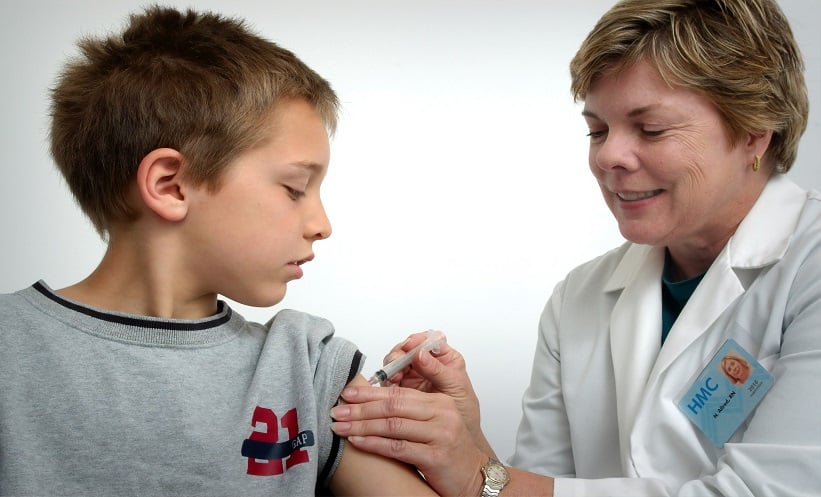PREVIOUS research has demonstrated the safety of a second dose of the Pzifer-BioNTech (Pfizer Inc., New York City, USA; BioNTech SE, Mainz, Germany) mRNA COVID-19 vaccine in adults with suspected allergic reactions to their first dose. Now, similar findings have been observed in children.
Corresponding author Joel P. Brooks from the Division of Allergy and Immunology at Children’s National Hospital, Washington, D.C., USA, highlighted the importance of raising public awareness that children can safely receive the Pfizer-BioNTech vaccine, even after a suspected allergic reaction or a suspected allergy to polyethylene glycol or polysorbate.
Children with a suspected reaction to the first dose and those with a suspected polyethylene glycol or polysorbate allergy were evaluated by a specialised vaccine clinic. Nine children were enrolled after demonstrating an allergic reaction to the first dose of the Pfizer-BioNTech severe acute respiratory syndrome coronavirus 2 mRNA vaccine. Of these, three met the criteria for anaphylaxis, and six reported less severe reactions. Overall, eight of the children received the second dose without any pre-medication. All nine received the second dose with either minimal or no symptoms.
Further, four children with histories of potential polyethylene glycol or polysorbate reactions were included in the study. Overall, 100% of the children in this instance were able to tolerate polyethylene glycol 3350 laxative without serious issues. Three of the four children elected to receive the vaccine and were able to tolerate both the first and second doses without experiencing allergic symptoms.
Brooks highlighted the wider relevance of the findings: “Any child who experiences potential anaphylaxis following vaccination should absolutely be evaluated.” He added: “The benefits and risks must be weighed carefully when it comes to a second dose. However, we have demonstrated that for this study, most of the initial allergic reactions did not meet the criteria of anaphylaxis and our participants were able to tolerate a second dose of the vaccine.”






